Whether you’re preparing to leave home for your first ever WHV or you’re a veteran traveller like myself, you’re going to hear a lot of opinions from others about the “best” way to tackle your trip. I started solo travelling in my early 20s and have so far taken part in three WHVs: New Zealand, Australia and Canada.
I’ve received more than my fair share of unsolicited advice over the years, so I figured now’s the time for me to share some of my own! Everyone’s views on the WHV will be subjective, but these are my hot takes on what will make or break your working holiday, based on my experience.
1. Suitcases are better than backpacks
Petition to change the term “backpacking” to “suitcasing” because I will always be in favour of bringing a suitcase on my WHVs. Two main reasons why I don’t love backpacks: 1) they’re heavy and hurt your back; and 2) once something is packed at the bottom of your backpack, it’s a nightmare to get to it again!
Personally, I don’t think the main pro to backpacks—moving around easily—is exclusive to backpacks. I’ve taken my trusty suitcase on cobblestone streets, up winding staircases, and on dusty outback roads to my farm work in Australia… As long as you have a four-wheeler that you can push and pull, there are no mobility issues. You can even stack your other bags (or pets!) on top of the suitcase and carry multiple bags; something you can’t do with a backpack.
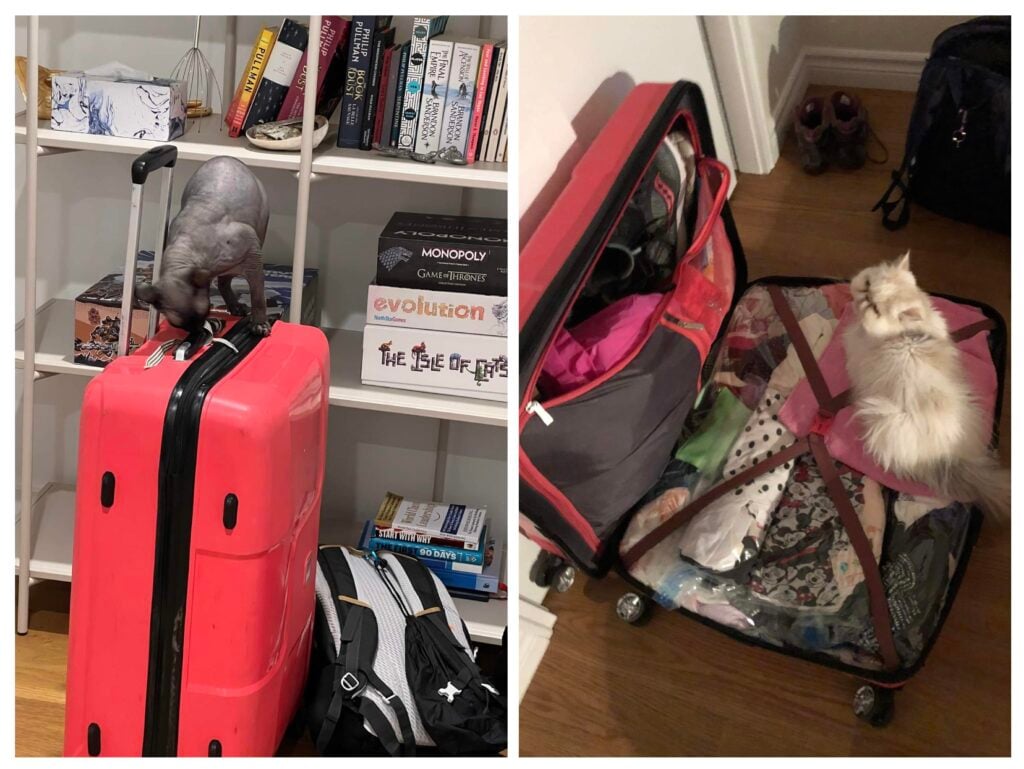
2. Shared dorms are a nightmare
After a year of solo travelling in hostels across New Zealand (sometimes even volunteering for bed and board), I made the conscious decision to never stay in a shared dorm again. It’s a rite of passage for backpackers, but it’s not for the faint of heart!
I found that the savings I made from booking a shared dorm weren’t worth it for me. I was too tired from the constant noise and arguments about “lights-off” time to enjoy myself during the day. Instead, booking a private room meant I could rest when I needed to, and still access the common areas and group events for when I wanted to make friends.
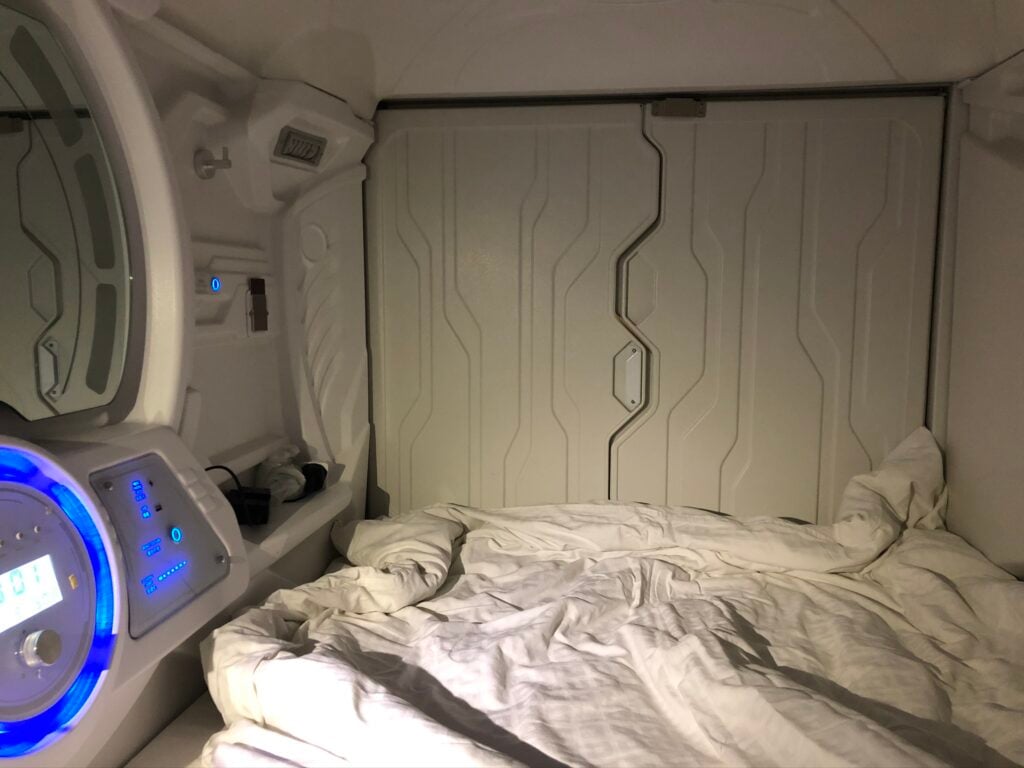
3. You should travel first, then work
Too many times, WHV-makers (myself included) get stuck in uncomfortable situations because they take a job without doing thorough checks. Before you commit, ask yourself: do you like the area; your manager and co-workers; the type of work (especially if it’s something different to your normal career)?
I was so unhappy at the start of my New Zealand WHV because I went straight to Christchurch on the South Island for a job. I agreed to it online without visiting beforehand, because it was my first ever WHV and I was scared that if I didn’t take this job, I wouldn’t find another one. (Not true, of course!)
As soon as I finished my contract and moved to Wellington on the North Island, I had a much better time. If I had travelled the whole of New Zealand first, I’d have realised I was meant to be a North Island girlie and wouldn’t have wasted precious months of my WHV in the wrong place.
The way to tackle a WHV successfully is to travel first, get the lay of the land and work out where you could see yourself settling. Only then should you risk signing a lease or a job contract that could tie you down to an area for an extended period of time.
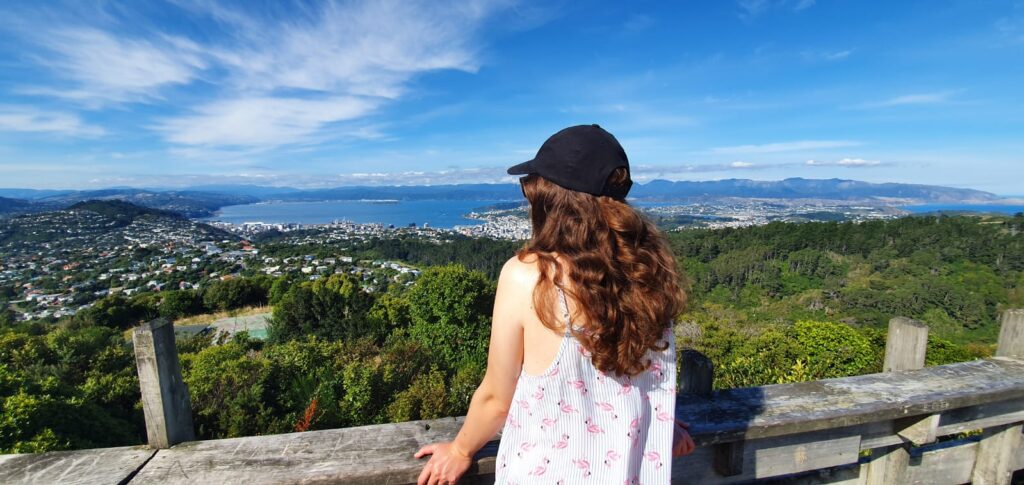
4. Summer is the worst time to travel
If there is one season I’d recommend settling down for the “work” and avoiding the “holiday” part of your working holiday, it’s summertime. If you’re protesting at the screen right now, hear me out.
First, it’s peak season for tourism: accommodation will be booked out or overpriced; parking at national parks or beachside towns will fill up by sunrise; you’ll have to queue for hours to get into any restaurants or shops… the list goes on.
Second, depending on your WHV destination, it might literally be too dangerous to travel. If it’s too hot, you can run into bushfires. If it’s too humid and tropical storm season, you might experience flash flooding.
Instead, hunker down with a job—preferably one inside a nice, air-conditioned office or cafe!—and wait for the off-peak seasons to roll around. If you travel in spring or autumn, you will find more temperate weather. And if you’re hardy and not afraid of a bit of cold or rain, you’ll have the best options for prices during the winter!
I travelled Western Australia during winter and never had issues with accommodation or tours being booked out. Sometimes I would even have the beach to myself, like a VIP! That same beach fills up by 7am during the summertime. Besides, the weather was still much nicer than an English summer, so travelling in winter was a no-brainer for me.
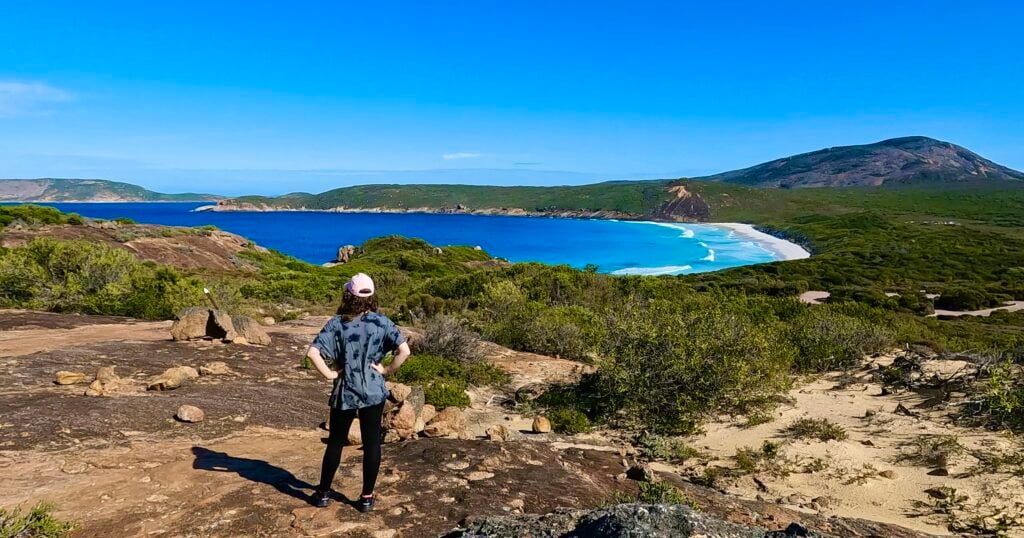
5. You should look for work outside of your field
The whole point of a WHV is to land a job that can supplement your travels. WHVs aren’t designed for moving directly from your career at home into a similar, permanent job in your WHV country—that’s what skilled visas are for. Nowadays, too many people have unrealistic expectations of how a WHV works, and are disheartened when they don’t immediately get hired for a dream role abroad.
The idea is to get out of your comfort zone and do something you wouldn’t have the opportunity to try at home. Depending on your location, the minimum wage for entry-level or short-term jobs can also be high enough to make the downgrade in position or the career break worth it.
Some of my most memorable jobs included housekeeping at a hostel overlooking a colony of the world’s rarest sea lion, or caring for polo horses on a farm. In England, I was simply an office worker—these hands-on, practical jobs were completely different and gave me a more authentic experience of the country, as well as a well-rounded skill set.
Finally, you never know what might come from taking a “random” backpacker role. Life is about networking—I once dogsat for a woman who turned out to be an immigration lawyer; a useful connection to have as a serial WHV-er!
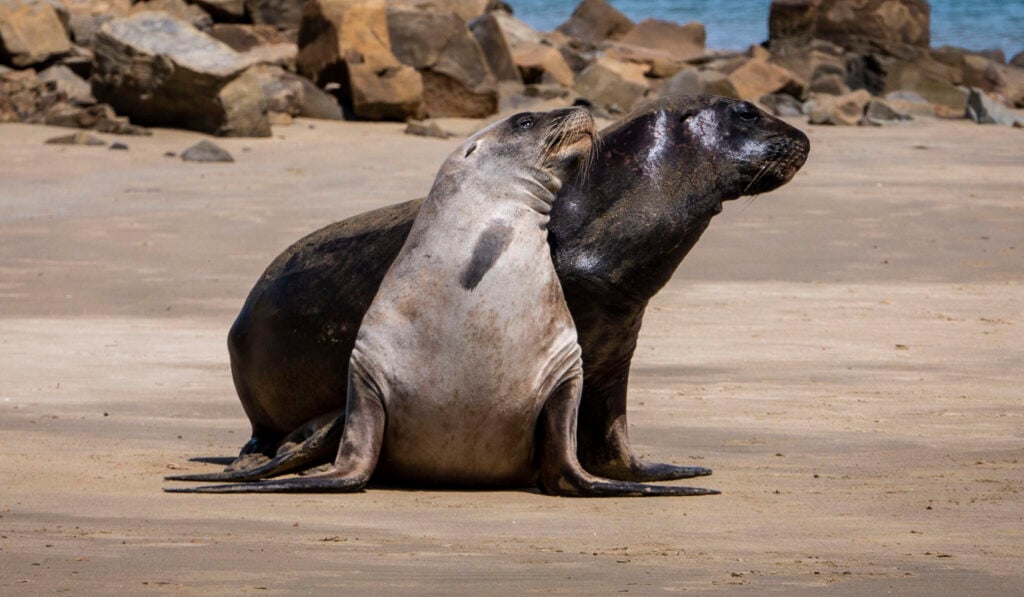
6. Being a tourist is cool
I’m not sure why the “in thing” with some members of the travel community is complaining about tourists being uncool or not “real” travellers… I have objectively travelled the world enough to be considered a “real” traveller and I’d happily go back to Times Square or the M&Ms store any time I’m visiting New York. Whenever I have visitors in London, I bring them straight to Buckingham Palace, Big Ben and the London Eye. The first things I had to do when I started my WHV in Canada was take a photo of the Toronto sign at City Hall and buy a Tim Horton’s.
When you’re on a WHV, you’re supposed to be more of a tourist in that country than a local. Embrace it! Visit the tourist attractions, eat the silly foods, take the pictures and don’t let anyone’s negativity have any impact on how you make the most out of your year (or more) abroad.
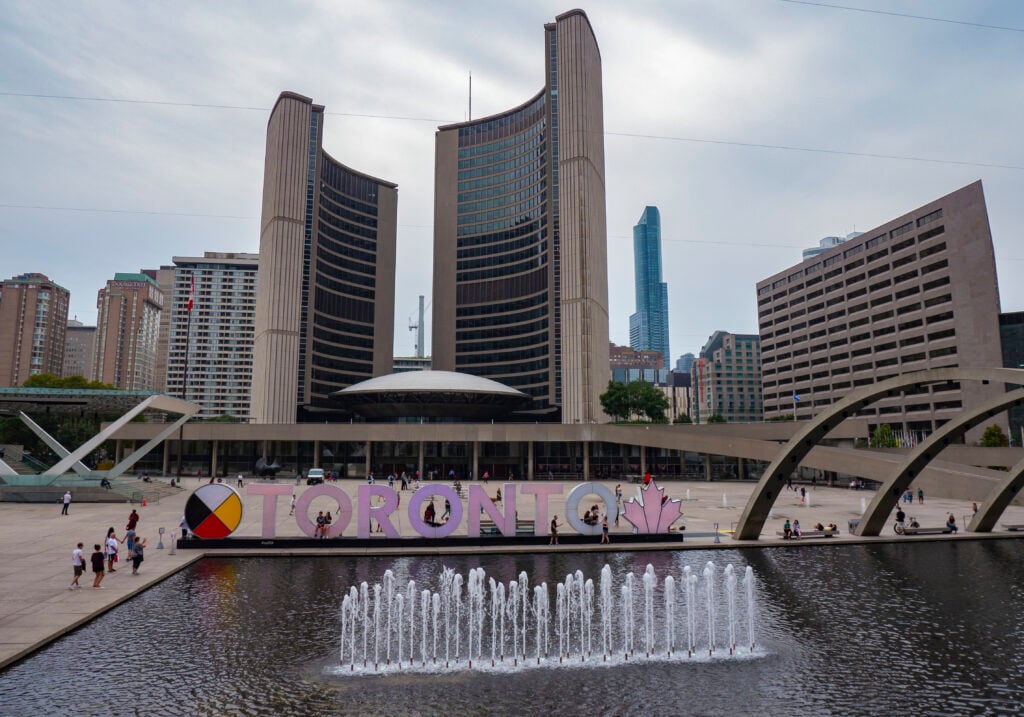
7. Sometimes, one year is enough
Don’t get me wrong, we are lucky to have the opportunity to extend our WHVs if we’re having a good time. Whether it’s automatically granted based on your citizenship, you’ve earned the extension by completing specified work, or you’ve found another way to stay in the country, it’s great if staying makes you happy. However, there is nothing wrong with you if you simply… don’t want to.
I had the best time and zero regrets about living in New Zealand or Australia. By the end of each 12-month WHV, I also had no desire to to stay any longer or go back to that country again. I was ready to move on, either onto another WHV or to go back home.
Your experience was still valid if you got everything you needed out of your WHV in one year—or even less, as some people are ready to leave before the end of a WHV, and that’s okay too!

Let us know if you’ve got any of your own hot takes in the comments below.












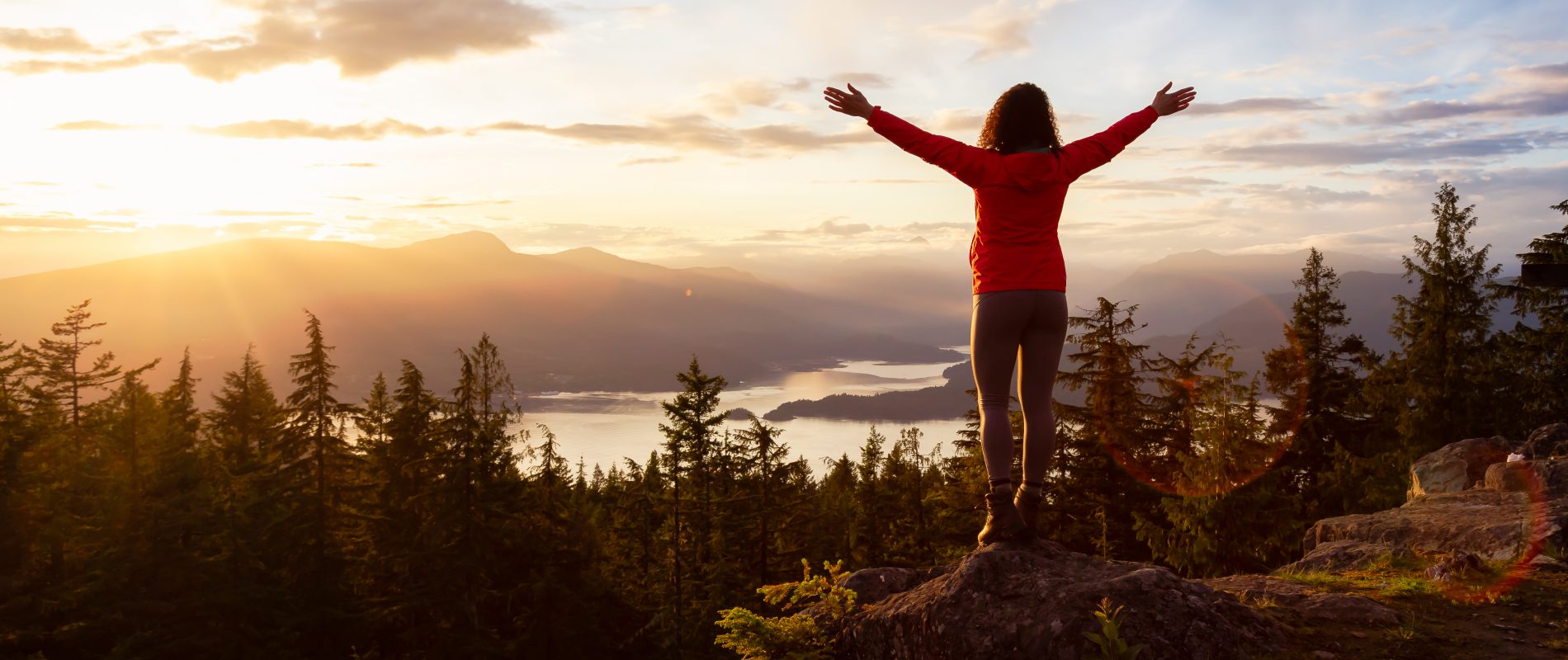
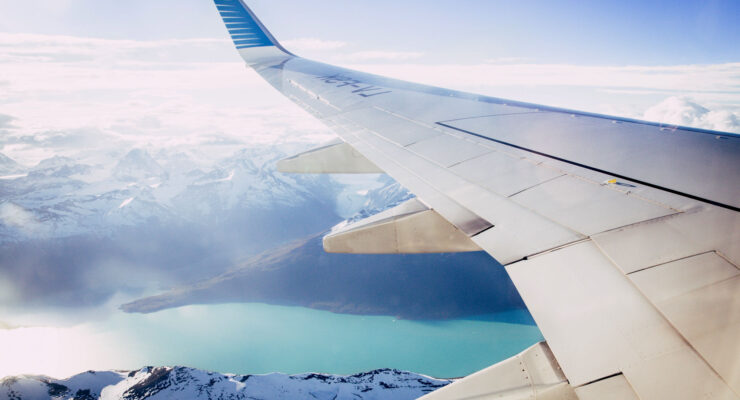
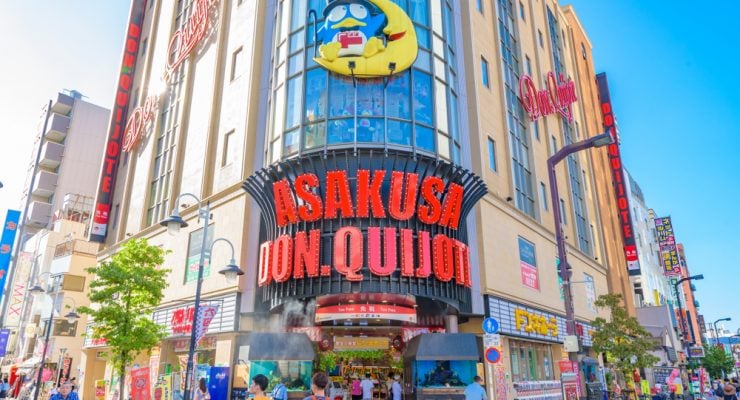

0 comments
{{like.username}}
Loading...
Load more